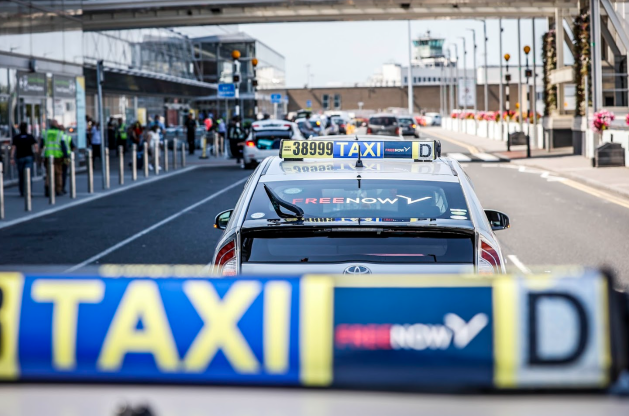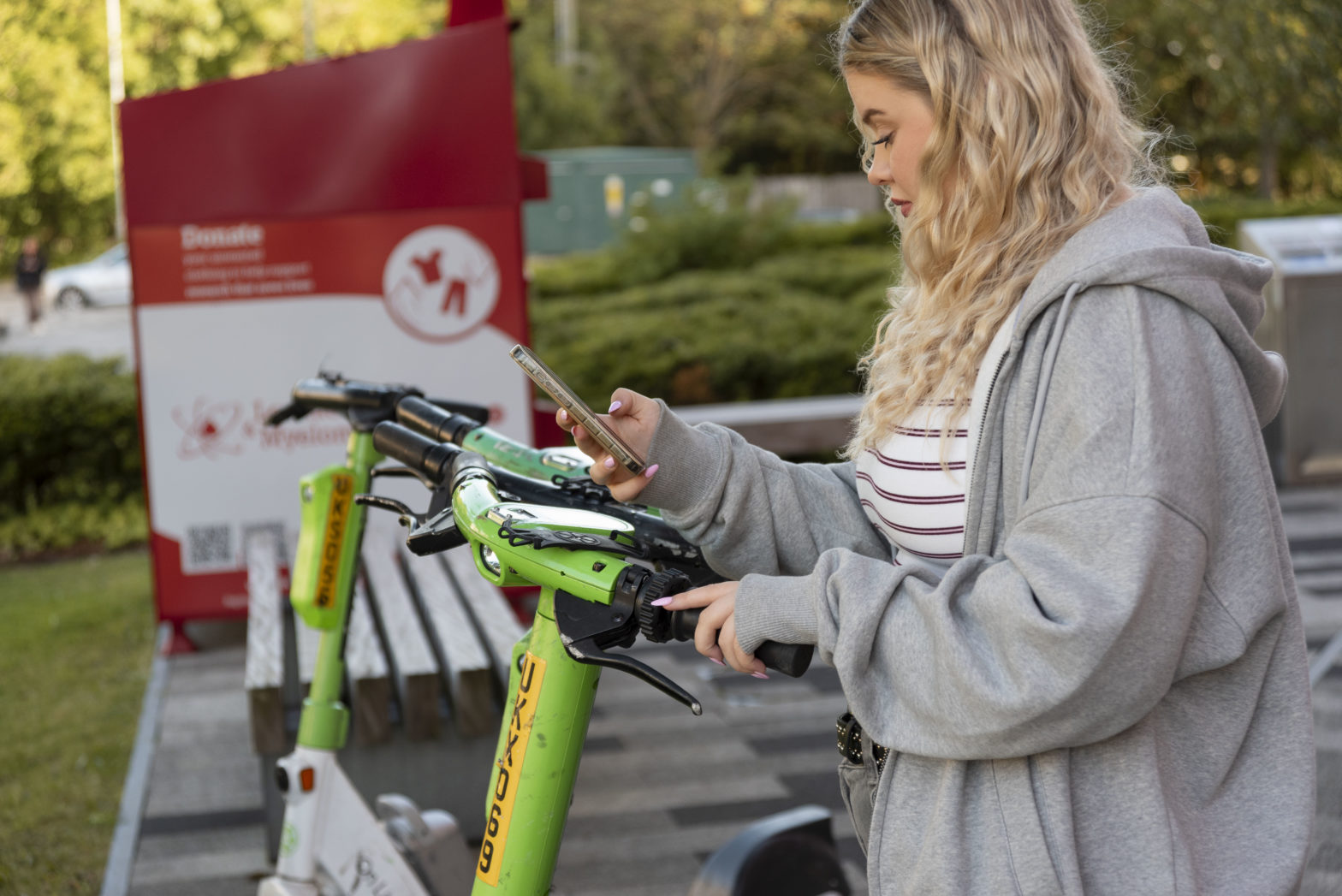
Photo: freenow ireland
FreeNow adds ‘technology fee’ for Irish taxi customers
20 July 2022
by Christopher Carey
European mobility provider FreeNow is set to add an additional €1 (US$1.03) to the price of every taxi journey booked through its app in Ireland from next month.
The firm says the levy will allow further investment in its app and the inclusion of new mobility services such as e-bikes and e-scooters from mobility partners.
“This technology fee is being introduced to enable FreeNow to continue investing in our app technology and quality, to ensure we can continue offering passengers an important public transport service across the country at a challenging time for the taxi sector,” a FreeNow spokesperson told Cities Today.
While ride-hailing services are currently prohibited under Irish law, some mobility firms – like FreeNow, Uber and Bolt – operate as taxi booking platforms.
In a statement, the National Transport Authority (NTA) – the government agency that regulates the taxi industry – said: “The booking service provider may charge an additional fee to its contracted customers for using its technological platform to book a journey.
“It is up to the customer to decide whether they want to use the FreeNow App to book a [taxi] with the extra €1 it will cost, compared to other booking service providers who do not charge.”
Taxi shortage
Speaking on Irish radio station Newstalk Breakfast, Jim Waldron from the National Private Hire & Taxi Association accused the firm of “price gouging” customers.
“[The fee] is not going, in any way, into the driver’s pockets,” he said.
The price hike comes as taxi fares across Ireland are set to rise by an average of 12 percent from 1 September, following the decision by the NTA to increase prices due to rising fuel costs and inflation.
The country is currently facing a shortage of taxi drivers, particularly in Dublin, which has become more acute since the lifting of COVID-19 restrictions at the beginning of the year.
There are currently just under 19,000 cabs on the country’s roads, around 2,500 fewer than before the pandemic.
Image: FreeNow













